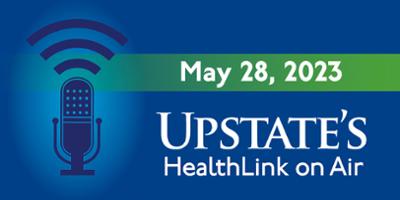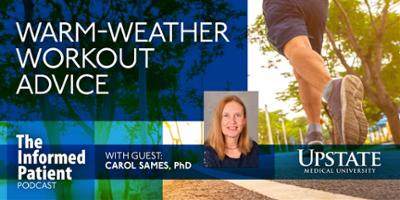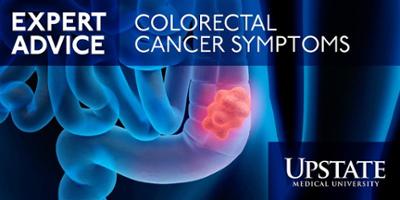Treatment shows promise in reducing seizures
Neurologists and neurosurgeons believe they can help patients who have uncontrolled seizures with regenerative cell therapy implants.
Explaining how this works is Robert Beach, MD, PhD, who treated a patient -- one of the first two who tried it -- and saw seizures reduced by more than 90%. Beach is a professor of neurology and chief of epilepsy at Upstate.
The new treatment is from Neurona Therapeutics, a San Francisco-based biotherapeutics company.
Read More...
Beach discusses the early results of an ongoing clinical trial of a single dose of a new regenerative cell therapy called NRTX-1001, which is being evaluated in people with drug-resistant mesial temporal lobe epilepsy, or MTLE, at Upstate and other top epilepsy centers around the U.S.
This represents a potential solution to a high unmet need as these patients have few options besides destructive removal of brain tissue which has a risk of memory impairment and other side effects.
Neurona Therapeutics is developing NRTX-1001, an off-the-shelf human regenerative cell therapy. The cells are delivered as a one-time dose, directly into an area of the brain where the seizures originate, which is the hippocampus in people with MTLE. These human interneurons are intended to integrate and from connections to other nerve cells, providing long-term GABA-mediated inhibition to repair hyper-excitable neural networks.
The patients treated so far have gone home the day after their surgery, returning to the study center for periodic assessments. Initially they take immunosuppressants to give NRTX-1001 time to engraft, but with their doctor’s supervision can come off these drugs after the first year. The data demonstrate greater than 90% reduction in seizure frequency in the first and second patient at nine and five months post-treatment, respectively. In addition, neuropsychological testing suggests an improvement in memory in the first patient after NRTX-1001 administration.





